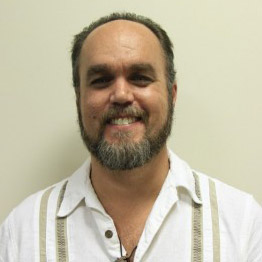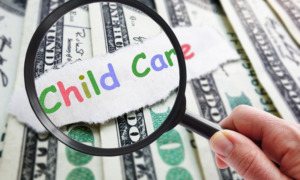I have an unshakeable faith in the human potential for growth. Over and over I have seen men change: through religion, education, friendship, and many other avenues. I have also learned not to write someone off because they appear (and are!) difficult to be with. It is literally impossible to say who will respond to help.
have seen men change: through religion, education, friendship, and many other avenues. I have also learned not to write someone off because they appear (and are!) difficult to be with. It is literally impossible to say who will respond to help.
In 2007, I was in a four-day program called Kairos, a Christian ministry that was focused on bringing agape, usually translated into English as “love,” to men serving time in prison. The program is remarkably transformative, due in large part to its focusing of attention and genuine care on people who have often lacked these things their entire lives.
I recall one young man in particular. He had been in and out of prison several times, and had a reputation for wildness. He was supposedly a devil worshiper, and had 666 tattooed on his forehead. In four days, he was completely changed. His demeanor and outlook became positive and encouraging, and people who had once shunned him now sought him out for support. Being loved changed his entire life.
Love can take a lot of shapes, and it doesn’t always go by its name, but I see it all over the place. Mostly I see it in action.
I see it at work in the Phoenix Program, newly begun at the McLennan County State Juvenile Facility in Texas. There, 24 beds are set aside for the kids with the worst behavior. All have assaulted staff or inmates.
A September 1, New York Times article by Brandi Grissom tells the story of a 16-year-old who has been in near constant custody of one sort or another since he was 10. The boy, with tattoos on his face and body, was one of the most disruptive and troubled inmates in the system, a system that has seen a large uptick in violence over the last year. Now he has completed his GED, learned about the warning signs of anger, and has plans to attend college upon his release, and to have his tattoos removed as well.
What brought about such a radical change? The days are filled with the help that these kids need. They are kept busy with school, counseling, recreation and meals. The ratio of staff to youth is one to four, instead of the usual one to 12 in the rest of the state. The staff is dedicated to reaching these kids, to helping them grow to their potential.
“They’re not bad children. They just made bad choices.” Bobby Jacobs, a staff member and retired principal is quoted as saying. This kind of attitude is rare, especially when it is joined with a dedication to real safety.
This kind of dedicated program, with hand-picked staff and intensive programming, is expensive, and right now only a few are being served. It provides a good basis for expansion though, and a real shift towards approaches that work.
John Lash is a regular contributor to JJIE, writer and curator for Youthpolicy.org’s Youth and Justice blog, and the program director at the Georgia Conflict Center. He is also a student in the Kennesaw State University Master of Conflict Management program. His interest in restorative justice, Nonviolent Communication, youth, and mind – body practices developed during his nearly twenty five years of imprisonment.

























